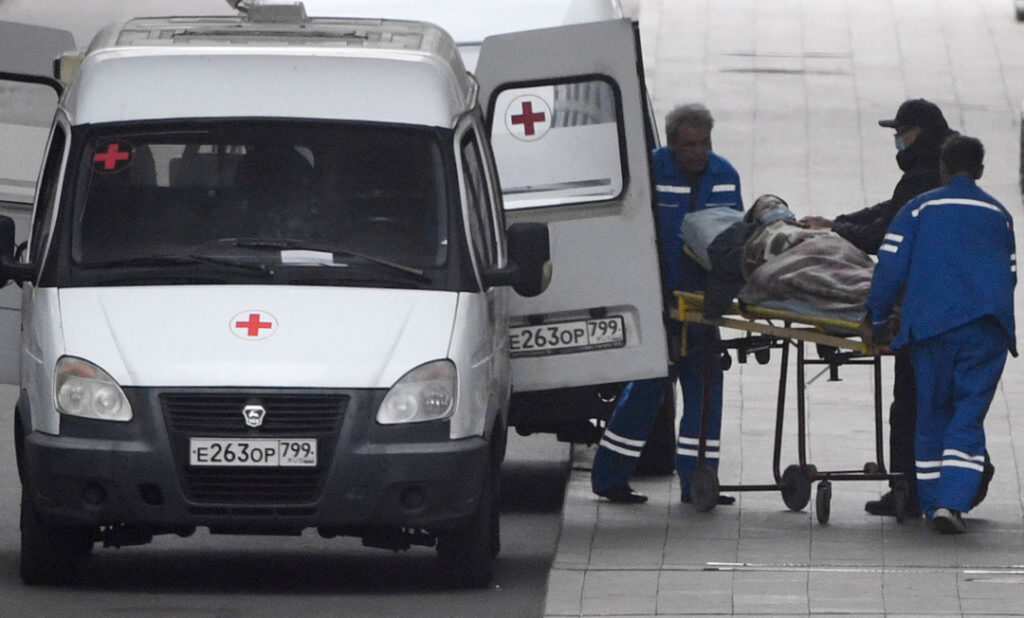ADF STAFF
A new strain of the delta variant of COVID-19 is now spreading in Russia and some European countries, creating the potential for yet another iteration of the coronavirus to make its way to Africa.
The “delta plus” variant, also known as AY.4.2, was reported in Russia in late October as Moscow went into lockdown to counter the spread of the main delta variant. Russia and neighboring countries were experiencing record infection rates from the delta variant before the appearance of AY.4.2.
Early analysis shows the new strain is about 10% more infectious than its parent variant. AY.4.2 is one of 55 offshoots of the delta variant recorded so far and the most infectious to date. Each case of COVID-19 infection creates the potential for new variants that can overcome immunity.
Like other variants, the key to AY.4.2’s success lies in mutations to certain spike proteins. Spike proteins are the tools the virus uses to pry open cells so it can reproduce inside.
So far, the World Health Organization has not added AY.4.2 to its list of variants of interest or variants of concern. Being added to that list would indicate a high rate of transmission.
AY.4.2 also has turned up in the United Kingdom and several other European countries. Although its footprint remains small, AY.4.2 is growing steadily, which suggests it has an advantage over its parent strain, Dr. Jeffrey Barrett of the Wellcome Sanger Institute tweeted recently.
Some COVID-19 researchers had hoped the original delta variant, which swiftly dominated the globe in mid-2021, represented the coronavirus’s peak of transmissibility. Danny Altmann, an immunology professor at the U.K.’s Imperial College London, told CNBC the AY.4 strain, which includes AY.4.2, “may be starting to raise doubts about this assertion.”
AY.4.2 has turned up in South Africa in extremely small numbers, according to Dr. Tulio de Oliveira, director of the Centre for Epidemic Response and Innovation at Stellenbosch University.
“No current cause for alarm — continued surveillance and monitoring important,” de Oliveira posted in a tweet thread in October.
Africa’s public health leaders remain concerned about the rise of another wave of infections possibly starting later this month and driven by end-of-year celebrations.
In the meantime, the World Health Organization and Africa Centres for Disease Control and Prevention are launching community-level surveillance aimed at detecting COVID-19 outbreaks and interrupting them before they can grow.
“We’re by no means near the finish line for this pandemic,” WHO Africa Regional Director Dr. Matshidiso Moeti said during a recent press briefing.

